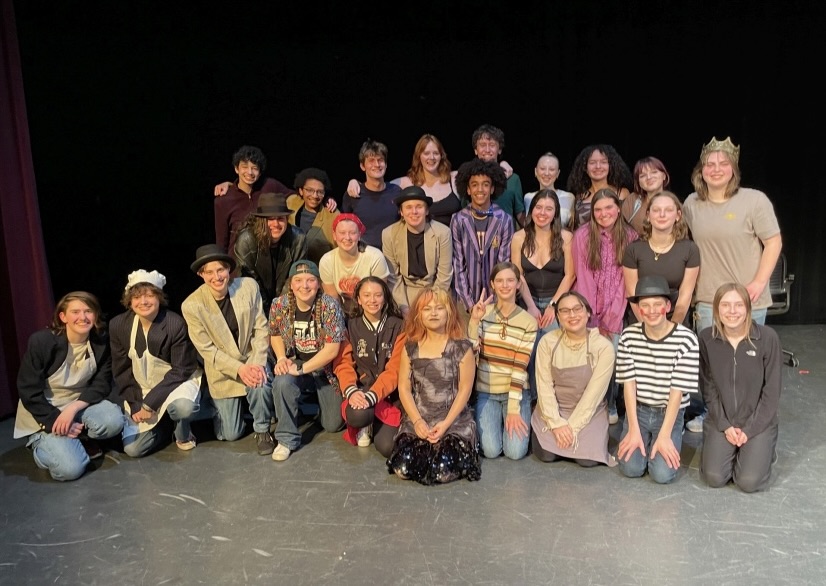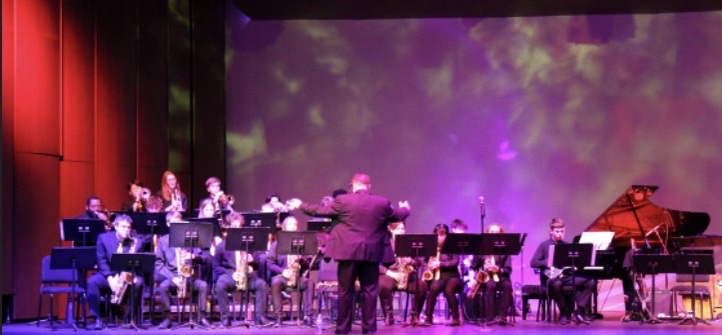When it comes to the classes available at EGRHS, figuring out what path works for students can often be a stressful and overwhelming process. This is especially true for students deciding whether to join the IB Diploma Programme.
IB, or International Baccalaureate, is unique in that students focus on thinking critically about real-world issues and learning how to navigate today’s rapidly changing world.
Harry Cornell ‘25 is a student in the program and appreciates that IB focuses on giving students a deeper understanding of fewer topics, an aspect unique to the diploma program.
“IB is really good for going more in-depth on topics. You’ll definitely cover less of a range of topics in some classes but you will learn a lot more about what you do cover,” Cornell said.
While the workload can be hefty at times, for Cornell and many others in the program, IB is a program that can be balanced with extracurriculars like sports.
“Many kids in the diploma program manage to balance IB and sports while still having a life,” Cornell said.
Besides taking IB courses in math, science, language arts, and history, diploma students participate in a variety of other unique aspects of IB. This includes a Theory of Knowledge (TOK) class every month and a two-year extended essay (EE) among others.
“The EE is pretty fun once you start diving into a topic you like because you get to learn so much about it. ToK is also fantastic, it’s a great break from your regular work and you have really great discussions,” Cornell said.
One of the biggest challenges that comes with being a diploma student is meeting set deadlines not only for classes but also for the extended essay. One of the most important aspects for students to think about when considering the program is whether they have the organizational qualities and drive to meet those deadlines over the course of two years.
“The main reason people have to drop the program is that they fall behind on their EE deadlines. As long as you can stay on top of your work, you’ll be fine,” Cornell said.
IB classes in high school challenge students to learn a lot of information on various topics, but the focus is less on memorizing specific content and more on making connections, engaging in original research, and applying that knowledge across disciplines. In these ways, IB classes are a more holistic approach to learning than others such as AP.
Thinking about the type of person a student is and how they learn is a critical factor when considering not only the IB program but individual IB classes. IB involves lots of collaboration with peers as well as more freedom than most AP classes. If students love thinking about the big picture of their education and all the ways in which various pieces fit into a whole, IB might be the perfect choice.
“If you prefer to go more in depth on topics and understand more of why things are as opposed to just learning that they are true, then you should join IB,” Cornell said.






